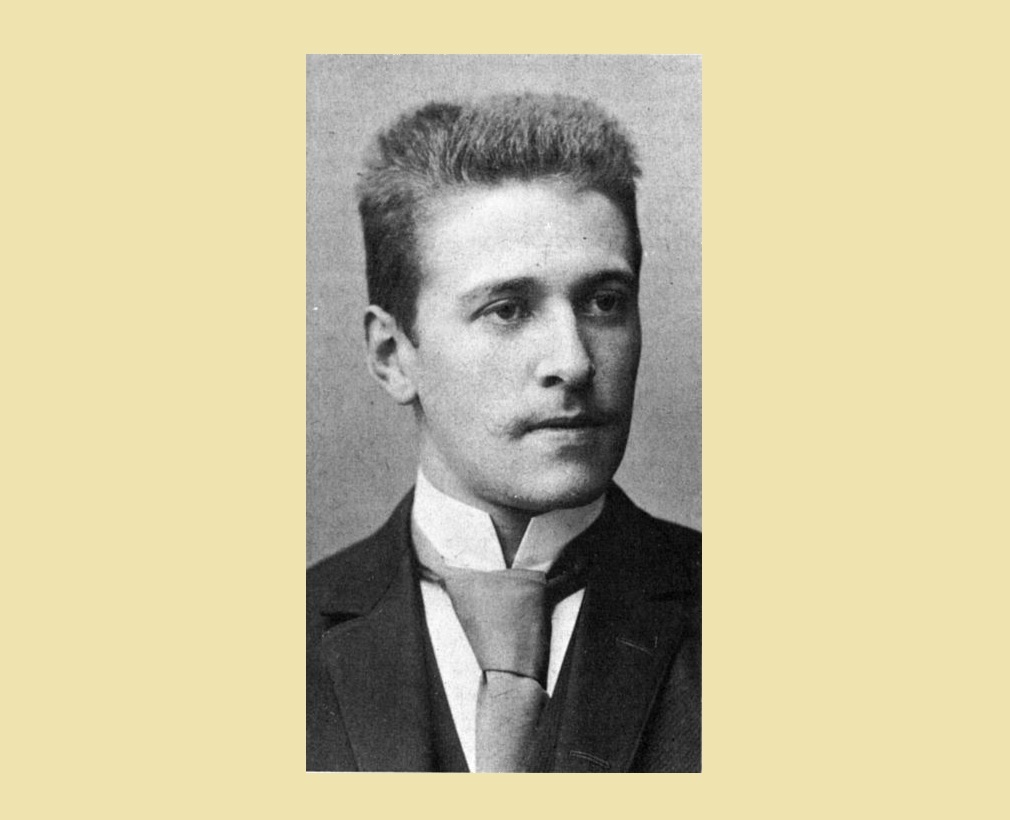Below is a translation by James Owens of the poem ‘Ballade des äußeren Lebens’ by the Austrian poet, novelist and essayist Hugo von Hofmannsthal (1874-1929). Stefan Zweig wrote of Hofmannsthal: “In world literature, except for Keats and Rimbaud, I know no other youthful example of a similar impeccability in the mastering of language, no such breadth of spiritual buoyancy, nothing more permeated with poetic substance even in the most casual lines, than in this magnificent genius.” The original German follows James’s translation.
Ballad of the Outer Life
— from the German of Hugo von Hofmannsthal
And children grow older deep in their eyes, Who know nothing of the world, but age and die, And the living proceed on their ways. And green fruits sweeten on a strip of sky And fall like dead birds in the night times, And, a few days on, they rot where they lie. And ever the wind turns, and we follow its whims And repeat the words we've heard or mis-heard. We feel pleasure, then weariness weighs down our limbs. And paths go through the grass and lead toward Noble places with arbors and ponds and torches, While others are menacing and deathly withered. Why were they built? Why is it one never matches Another? And so many that our counting fails? Why is it a man laughs, then weeps, then blanches? Why are we in this game where nothing avails, Where, great as we are but forever alone, we go Wandering and wandering, seeking without goals? Why have we seen so much, and no good comes? And yet he speaks a truth who says “Evening,” A word from which wisdom and mourning flow Like heavy honey from the hollow combs.
Ballade des äußeren Lebens
Und Kinder wachsen auf mit tiefen Augen, Die von nichts wissen, wachsen auf und sterben, Und alle Menschen gehen ihre Wege. Und süße Früchte werden aus den herben Und fallen nachts wie tote Vögel nieder Und liegen wenig Tage und verderben. Und immer weht der Wind, und immer wieder Vernehmen wir und reden viele Worte Und spüren Lust und Müdigkeit der Glieder. Und Straßen laufen durch das Gras, und Orte Sind da und dort, voll Fackeln, Bäumen, Teichen, Und drohende, und totenhaft verdorrte ... Wozu sind diese aufgebaut? und gleichen Einander nie? und sind unzählig viele? Was wechselt Lachen, Weinen und Erbleichen? Was frommt das alles uns und diese Spiele, Die wir doch groß und ewig einsam sind Und wandernd nimmer suchen irgend Ziele? Was frommt's, dergleichen viel gesehen haben? Und dennoch sagt der viel, der "Abend" sagt, Ein Wort, daraus Tiefsinn und Trauer rinnt Wie schwerer Honig aus den hohlen Waben.
